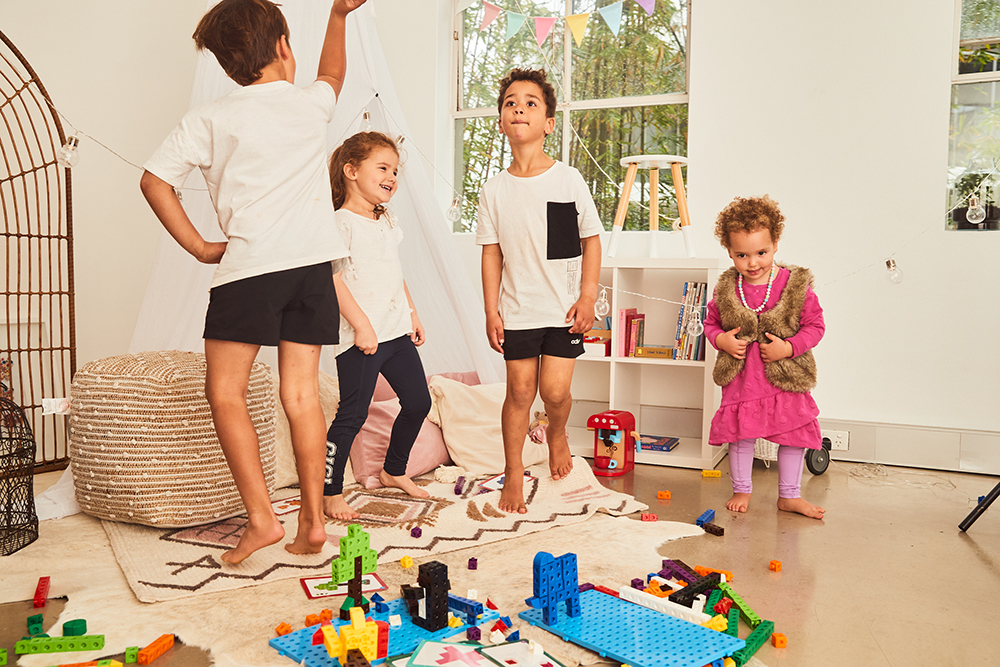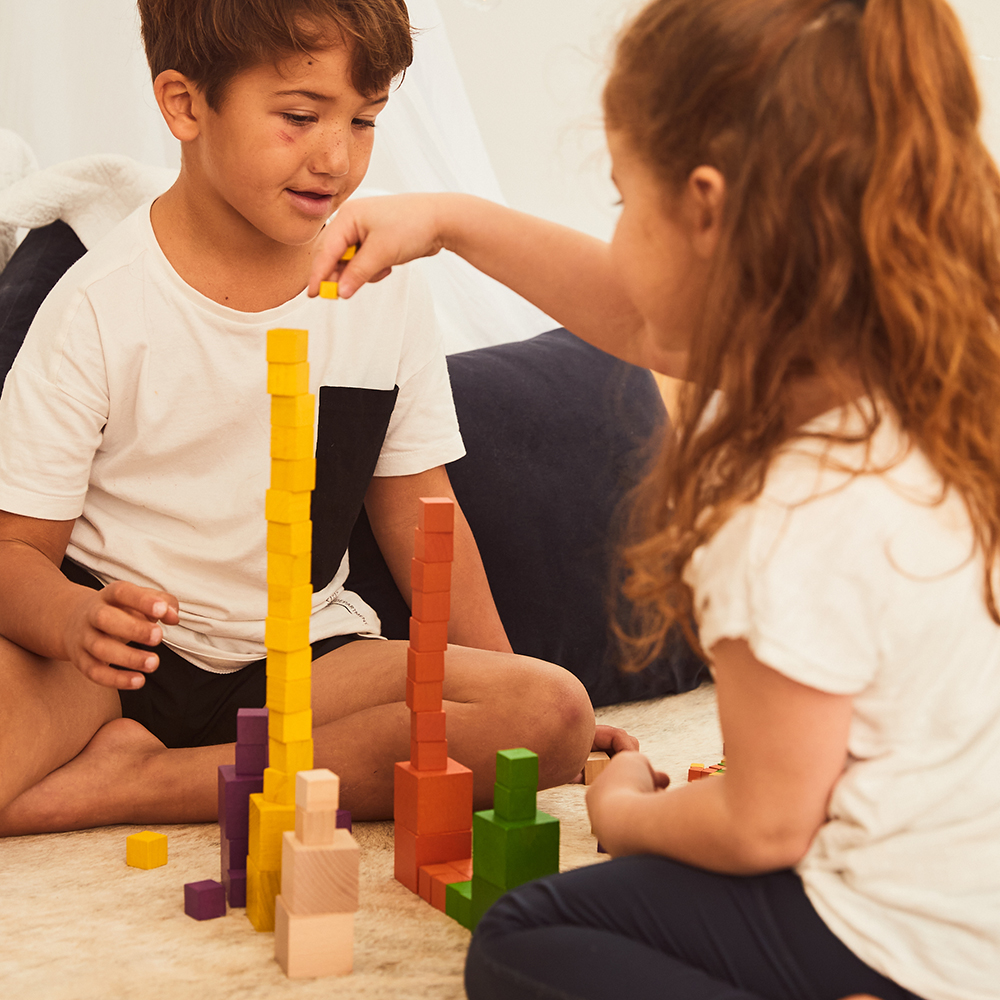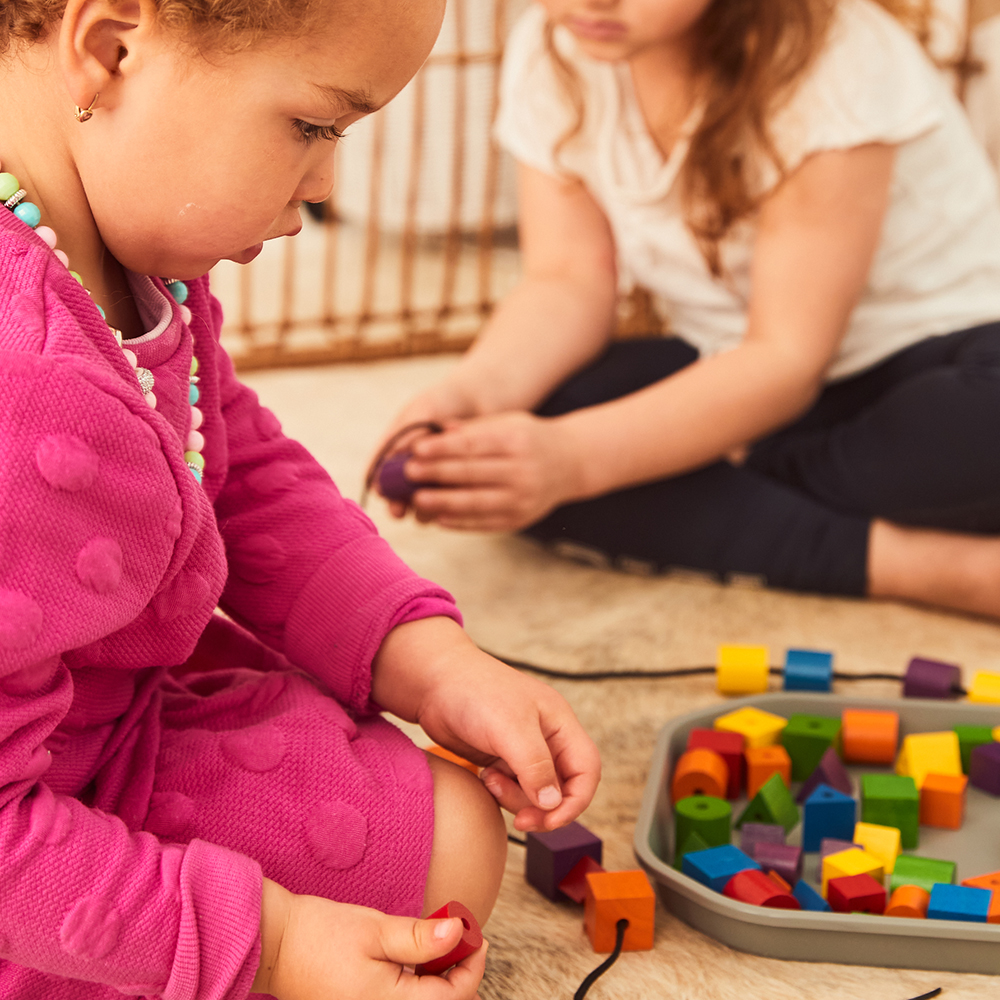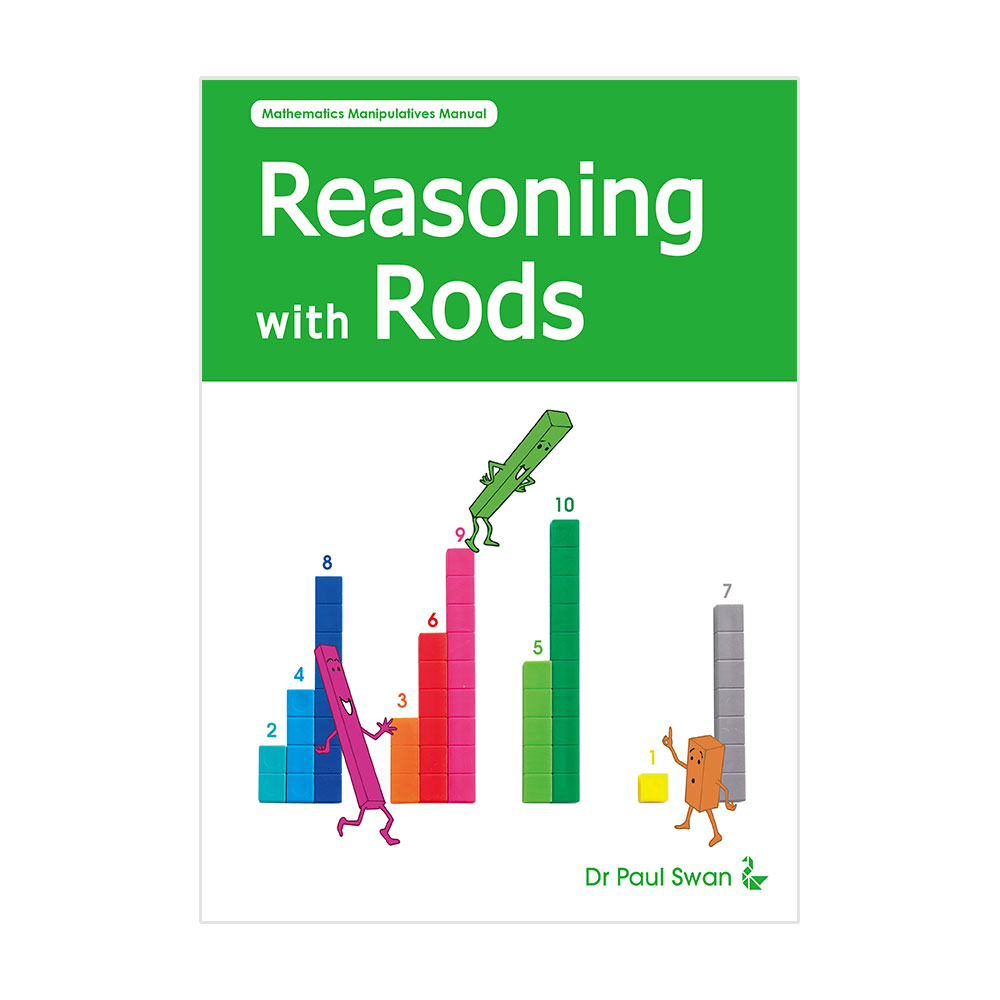At Edx Education we love working with Educational Experts around the world to develop products, research educational trends and so much more. Award winning early education mathematical expert Dr Paul Swan is very passionate about making math 🧮 fun & engaging using maths manipulatives with hands on learning activities.
Dr Paul Swan emphasises the importance of building children’s math vocabulary, an area children can find challenging when understanding mathematical problems.
Today we are looking at activities you can do at home that encourage children to learn whilst extending their maths vocabulary in fun and engaging activities.
Measurement – Make your own balance
Looking at measurement we can use many tools such as kitchen scales or even make our own balance from a sturdy coat hanger and 2 cups.
Then we can compare toys or liquids such as water with dried pasta, and then measure on the kitchen scale how much of each will balance. This is a great way to play and learn with the math balance.
One of the most important things to remember when completing this activity is to use a wide variety of mathematical language. Building on your child’s knowledge from size, shapes, colors, bigger, smaller, larger and so much more.
For in depth instructions to make your own scales head over to this link Go Science Kids.
Developing Number Concepts – Making Jewellery
Patterning, sorting and counting can be so much fun using different house-hold items such as different kinds of dried pasta. We can practice drawing the shapes of the pasta and ask children to use tongs (develop fine motor skills) or their hands to sort or even lace the pasta together with string to make jewellery (at the same time making a pattern).
Remember to use a variety of maths vocabulary to ask questions that help children understand and build upon their mathematical language. Building on your child’s knowledge from size, shapes, colors, bigger, smaller, larger and so much more.
(if you have time to make it more fun, colour the pasta and head over to The Artful Parent.
Geometry – Treasure Hunt
Shapes, Shapes, everywhere around the home, community, park and environment around us!
Children love to find shapes or even make shapes. Choose 4 different shapes then draw them on cardboard.Talk to your children about the shapes and go on a treasure hunt around the house or even garden to see where you can find these shapes.
For a beginner level, let’s do circle, square, rectangle, triangle… with a pencil and paper we can go around and record 3 varieties of each shape. Discuss the finding, talking about the size, what makes a shape. For example, a square is 4 equal sides. Remember when completing these activities to use a wide variety of mathematical language. Building on your child’s knowledge from size, shapes, colours, bigger, smaller, larger and so much more.
Head over to our play blog for more activities each week. To see more of Dr Paul Swan’s resources for ‘making maths fun’, check out Dr Paul’s website where he has a great e-book on Early Mathematical Experiences available.
Let’s play, learn and create lifelong learners together.





 edx education
edx education Edx Education
Edx Education